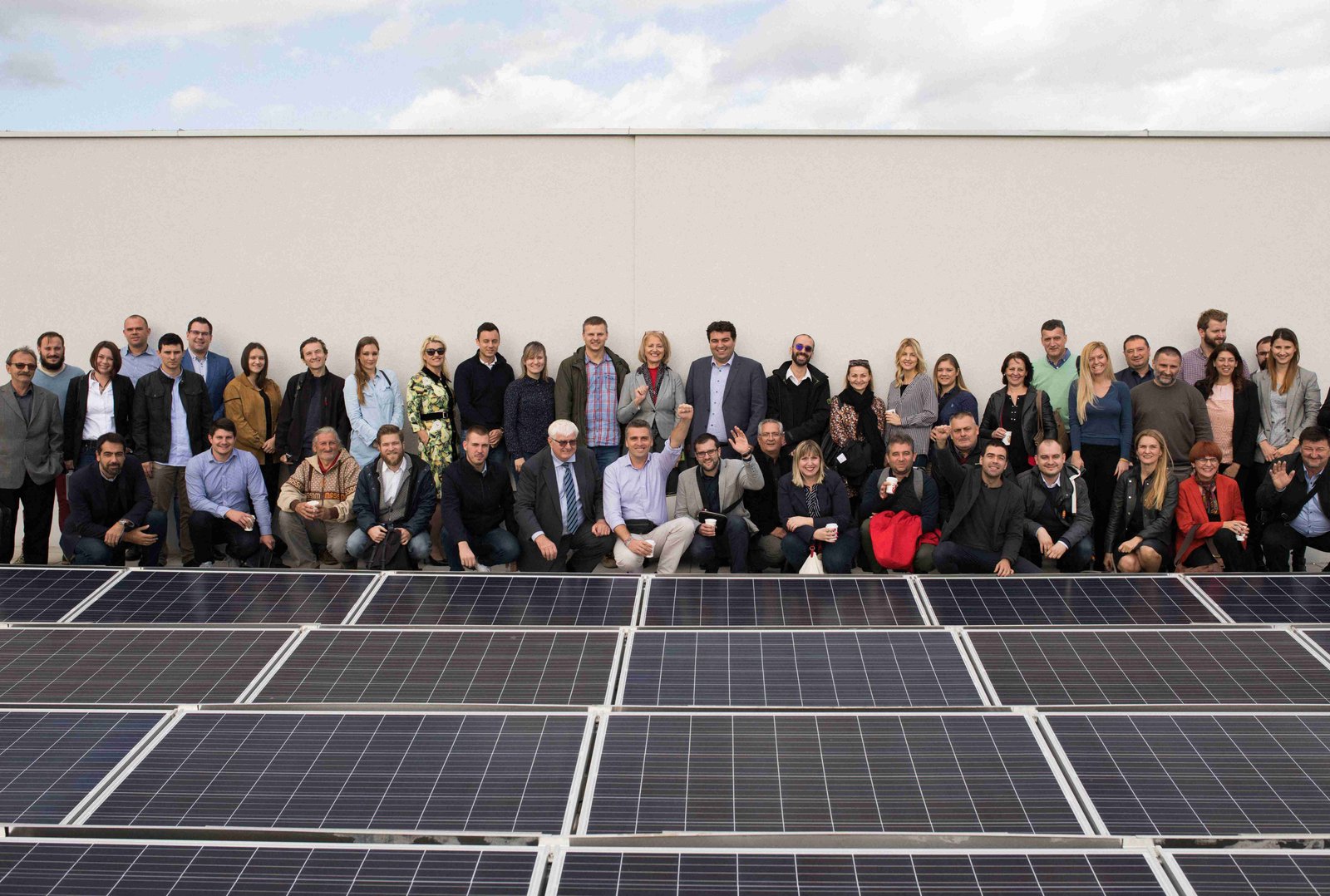Community Energy
Community energy initiatives can generate a wide range of social benefits such as cost-savings, employment opportunities, shared financial returns, improved social connections, and people being warmer and healthier in their homes.
Community energy initiatives are also a great place for communities to start building new collaboration models, experience and investment models. These then provide a platform for launching even more radical changes.
The core of community energy initiatives is that they are initiated and developed by networks of citizens and have strong community-benefit objectives behind their business models. Clearly, they also involve action in the energy sector. The term ‘energy communities’ is increasingly used in Europe, linked to new EU policy, but community energy can go beyond these EU definitions of energy communities.
A common starting point for many community energy initiatives has been frustration with an incumbent energy supply system that extracts wealth from a community with little concern for local health and wellbeing. Other common drivers include creating local employment, improving air quality and escaping dependence on high-carbon and nuclear fuels.
Community initiatives help to show what is possible in the energy sector. They usually prioritise new business models, local training programmes, community financing and/or shared ownership. In many cases community-led energy initiatives have been earlier adopters of renewable energy technologies and decentralised models than incumbent energy companies.
Community ownership models can also prove critical for some sustainable energy actions to happen successfully. For example, development of wind turbines is often much more readily accepted when they will be community-owned; residents are more open to retrofitting their homes if they work with trusted local advisors and contractors; and car-sharing schemes managed through local social enterprises tend to be more affordable and more committed to serving their communities for the long term. Significant decarbonisation and creating a more equitable energy system will probably not be possible without much wider development of community energy.
Unfortunately, community energy remains very underdeveloped in SE Europe – where Thriving Communities is focussed, though the number of initiatives is growing. The International Renewable Energy Agency has also highlighted that the moderate current government ambitions for renewable energy development in SE Europe still fall far short of easily economic growth potential.
Communities can benefit from filling this opportunity gap themselves. More community energy actions really need to be happening everywhere, which we work with our community to encourage and support.



